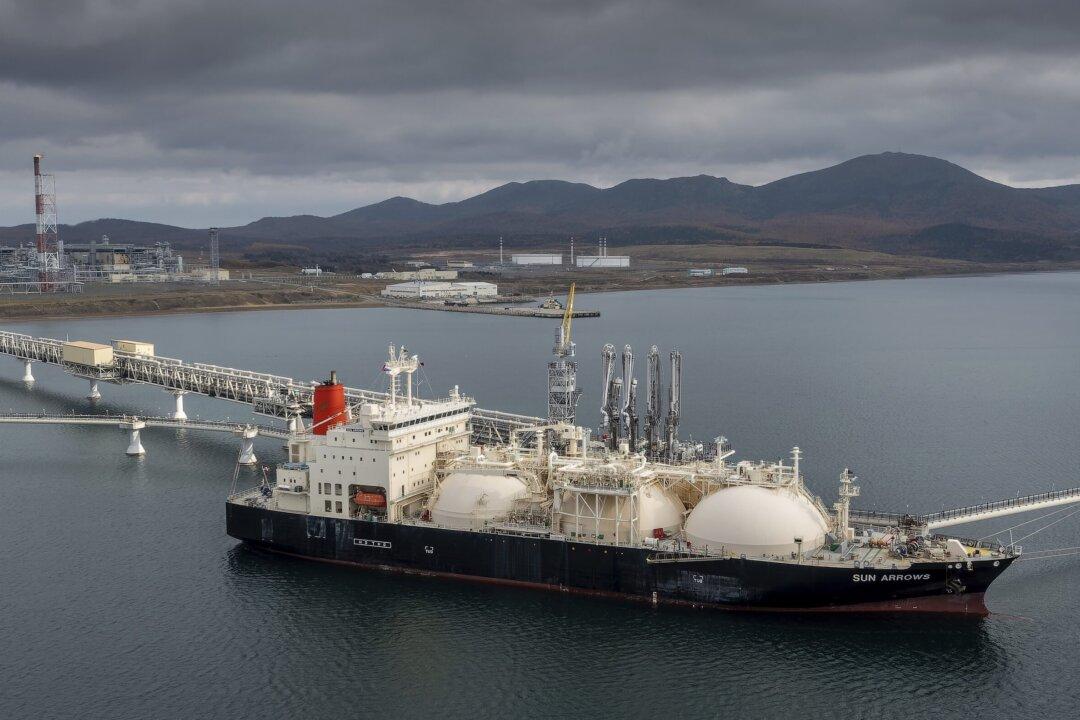Netherlands Prime Minister Mark Rutte has dismissed the possibility of the European Union banning the import of energy supplies from Russia in the wake of Moscow’s invasion of Ukraine.
“We have to discuss our vulnerabilities in terms of our dependency on Russian oil and Russian gas. I would not plead for cutting off our supply of oil and gas from Russia today. It’s not possible because we need the supply and that is the uncomfortable truth,” Rutte said during a joint press conference with French President Emmanuel Macron.





